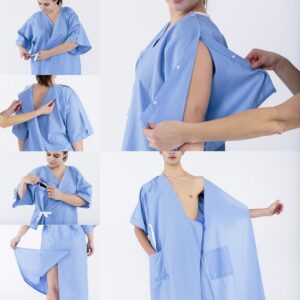
Introduction
When it comes to patient care and infection control in hospitals, every detail matters. One important detail that may not always get enough attention is hospital gowns and drapes. These essential items provide a barrier between patients and healthcare providers, and can help prevent the spread of infections. However, not all hospital gowns and drapes are created equal. In this blog post, we’ll share 7 tips to help you choose the best hospital gowns and drapes for your needs.
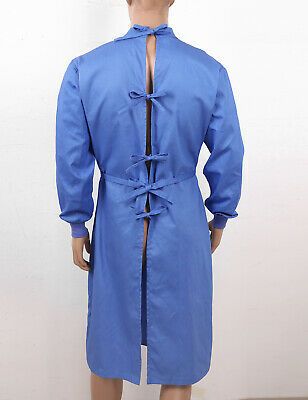
Tip #1: Consider the Material
The material of hospital gowns and drapes is an important factor to consider. Disposable, non-woven materials are common choices in hospital settings, as they are lightweight, breathable, and fluid-resistant. However, not all materials are created equal. Look for products that meet industry standards for material quality and durability.
Tip #2: Choose the Right Size
Sizing is another important factor to consider when purchasing hospital gowns and drapes. A poorly fitting gown or drape can compromise patient comfort and safety, and may not provide adequate coverage. When selecting sizes, consider factors such as patient height and weight, and be sure to choose products that offer a range of sizes to accommodate diverse patient populations.
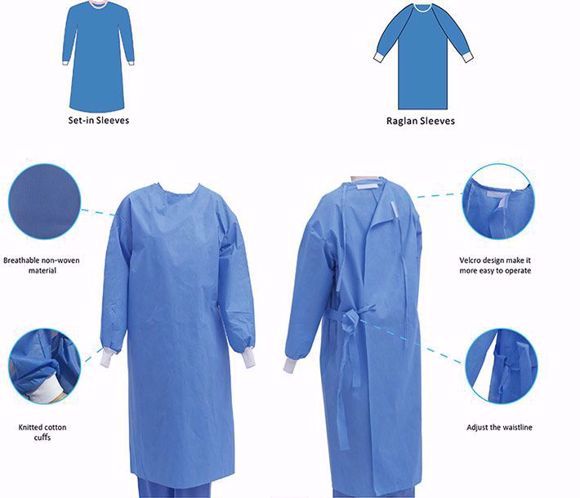
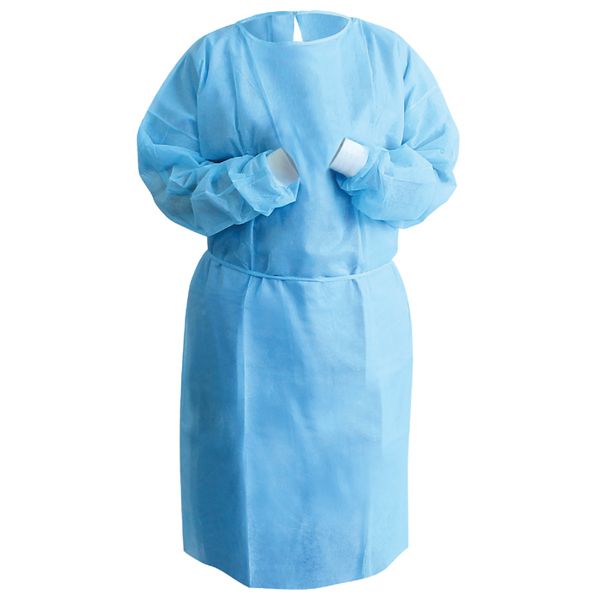
Tip #3: Look for Fluid Resistance
Tip #3: Look for Fluid Resistance
Hospital gowns and drapes must be able to withstand exposure to bodily fluids and other liquids. Look for products that offer a high level of fluid resistance, as this can help prevent the spread of infections and promote patient safety. Products that meet industry standards for fluid resistance are ideal.
Tip #4: Assess Barrier Protection
In addition to fluid resistance, hospital gowns and drapes should also offer barrier protection. This means that the product provides a physical barrier between the patient and healthcare provider, helping to prevent the spread of microorganisms. Look for products that meet industry standards for barrier protection, and be sure to consider the level of protection needed based on the specific procedure or application.
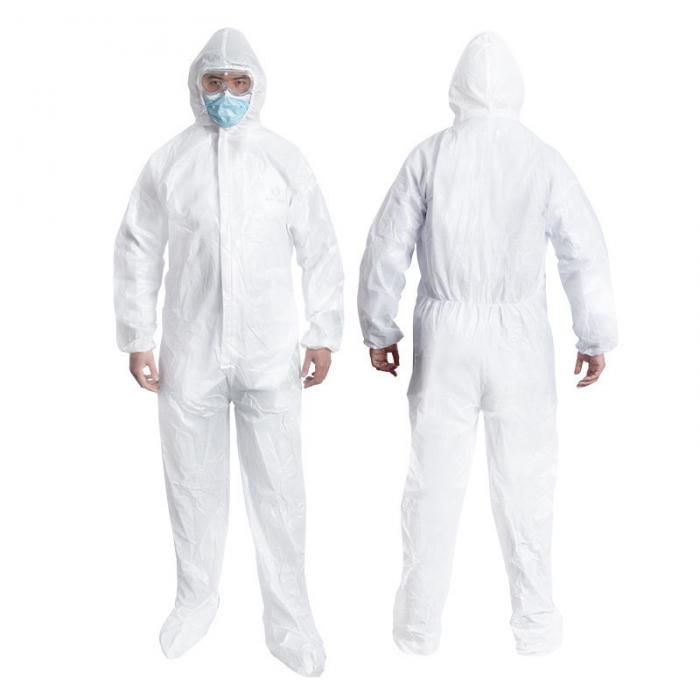
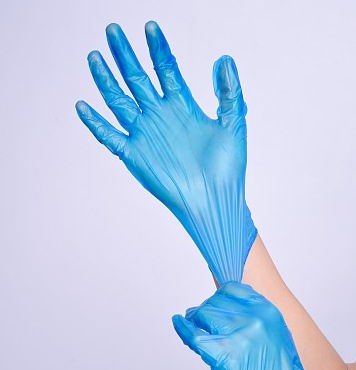
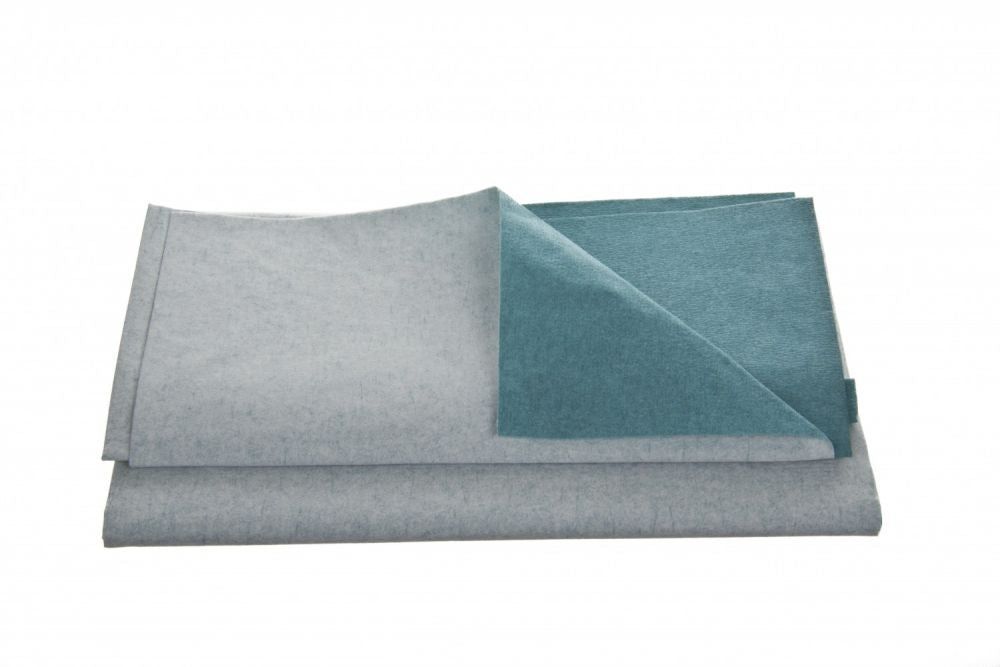
Tip #5: Check for Breathability
While hospital gowns and drapes must provide adequate protection, they should also be breathable and comfortable for patients. Look for products that offer breathability, as this can help reduce the risk of skin irritation, overheating, and other issues. Products with breathable materials, such as those made of spunbond-meltblown-spunbond (SMS) or other non-woven materials, are ideal.
Tip #6: Consider Antimicrobial Properties
Some hospital gowns and drapes offer antimicrobial properties, which can help prevent the growth and spread of bacteria and other microorganisms. This is especially important in high-risk areas, such as surgical suites or intensive care units. Look for products that offer antimicrobial properties, such as those treated with silver or other agents, and be sure to check that the product meets industry standards for antimicrobial effectiveness.
